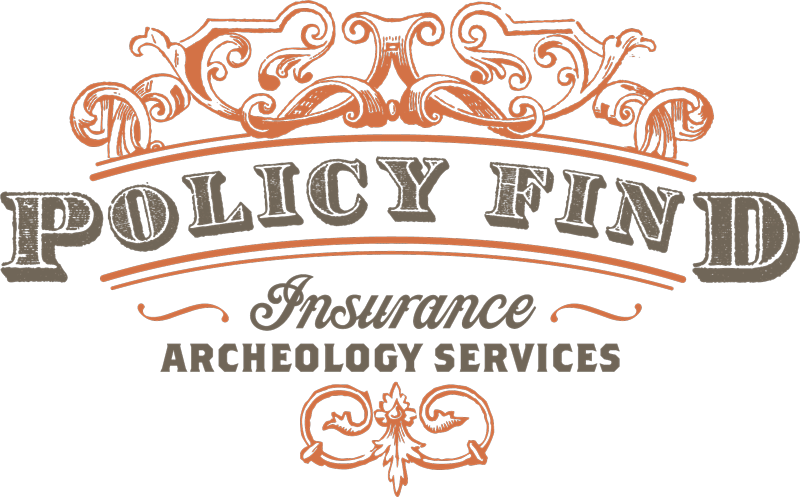Drycleaners News June 2009 Issue
How many drycleaners do you know who own their business and building? Some drycleaners may have thought they had an asset, only to find out that the building is contaminated and cleaning it up will cost a lot of money.
Many drycleaners have always followed the law and managed a clean and respectable business, but they later find out that the rules they had followed for years have become more stringent. Other drycleaners would like to eventually pass the business on to their children but are afraid of handing them an environmental liability.
Retroactive enforcement of new standards is usually not permitted when laws change, but there is no limit to corporate environmental responsibility. Regulatory agencies and landlords have sued many companies and individuals in order to clean up contamination they did not know existed. This is called long-tail liabilities.
These situations have become all too common for the drycleaner. In today’s environment, drycleaners have become a target of landlords, regulatory agencies, and private drinking water providers.
Banks that lend money to prospective purchasers of properties and businesses almost always require a Phase II investigation if the businesses or properties are located near a drycleaner.
Most drycleaners do not have the financial means to pay for the cost of the investigations or to defend lawsuits. Fortunately, there is help for drycleaners.
There are specialized companies, such as environmental consulting firms and insurance archeologists, that can help drycleaners by locating old insurance policies. The process of locating old or historical insurance policies is know as insurance archeology. Commercial general liability (CGL) insurance, written before the mid-1980s, contained language that can protect and defend against lawsuits and claims brought against the drycleaner.
The language in these older policies states, in general terms, that the insurance carrier will defend the policyholder against lawsuits and claims associated with the sudden and accidental or unexpected release of drycleaning solvents into the environment. Policies predating the early 1970s are even more favorable to the policyholder, as there was no pollution exclusion language in the policies.
Insurance archeology companies have helped drycleaners across the country rebuild their investments, literally turning their environmental liabilities into assets and protecting them from huge expenses and financial losses.
These types of companies have even helped former drycleaners who had long since retired. Many of these businesses were small, mom-and-pop operations that may have few resources to protect their rights or alleviate environmental claims.
That was exactly the situation of Bob and Inez Heidinger of Chico, Calif., faced. The couple owned Heidinger Cleaners from 1952 to 1974. in 2003, the state attorney general’s office sent them a large bill. At the time, Bob was 87 years old and suffering from Alzheimer’s disease. Inez was 83 and had bone cancer that eventually proved fatal.
The Heidingers were billed hundreds of thousands of dollars to clean a commonly used drycleaning solvent from Chico’s underground water supply despite the face that the couple had handled the solvent properly when they owned the cleaners decades before.
All the former cleaners of Heidinger Cleaners, which later became College Cleaners, received a bill or threat of prosecution, as did former owners of other drycleaners. Most of these business owners were elderly and retired- one was deceased- and did not have the money to pay the huge clean up bill.
The current owner of the building that once housed Heidinger Cleaners also was billed. He claimed not to have known the history of the building, which has been a coffee shop for years.
“We were insured, but we had no proof,” says Barbara Heidinger, Bob and Inez’s daughter. “We had thrown away old records when we cleaned out the house a few years ago.”
An insurance archeology company’s research of courthouse records and other venues paid off for the Heidinger family.
“Finding the insurance was a huge relief,” says Barbara. “My dad was ill, and my mother was still alive. If we hadn’t found it, [the state of California] could have taken everything. My parents would have lost everything.”
To avoid what happened to the Heidingers, drycleaners should locate and safely store old insurance policies, because they could prove to be worth hundreds of thousands of dollars.

Recent Comments